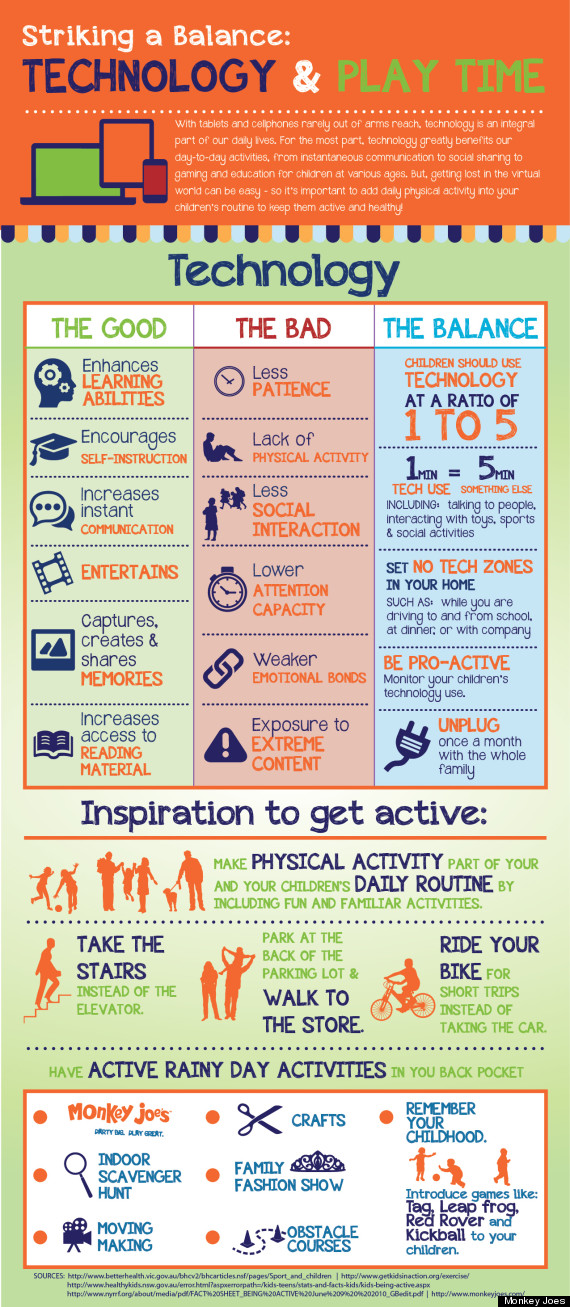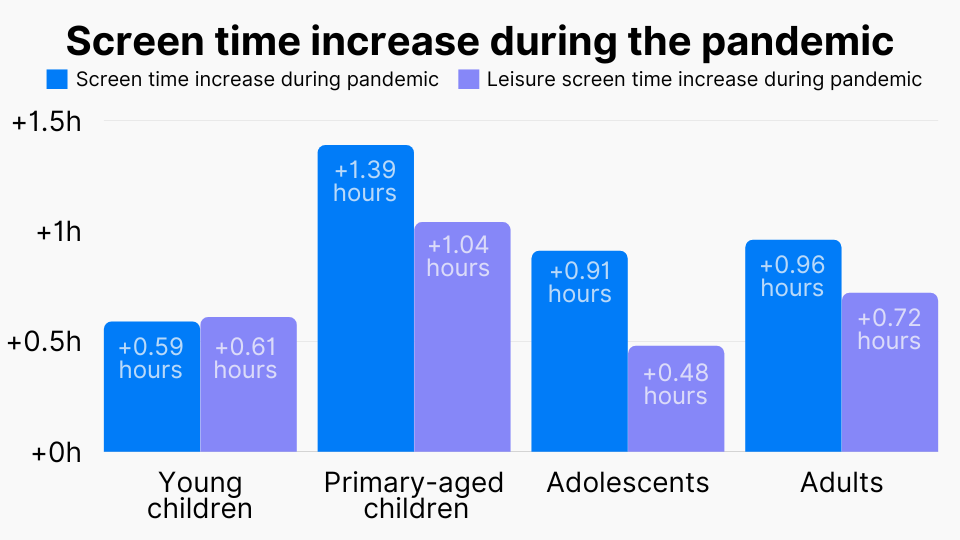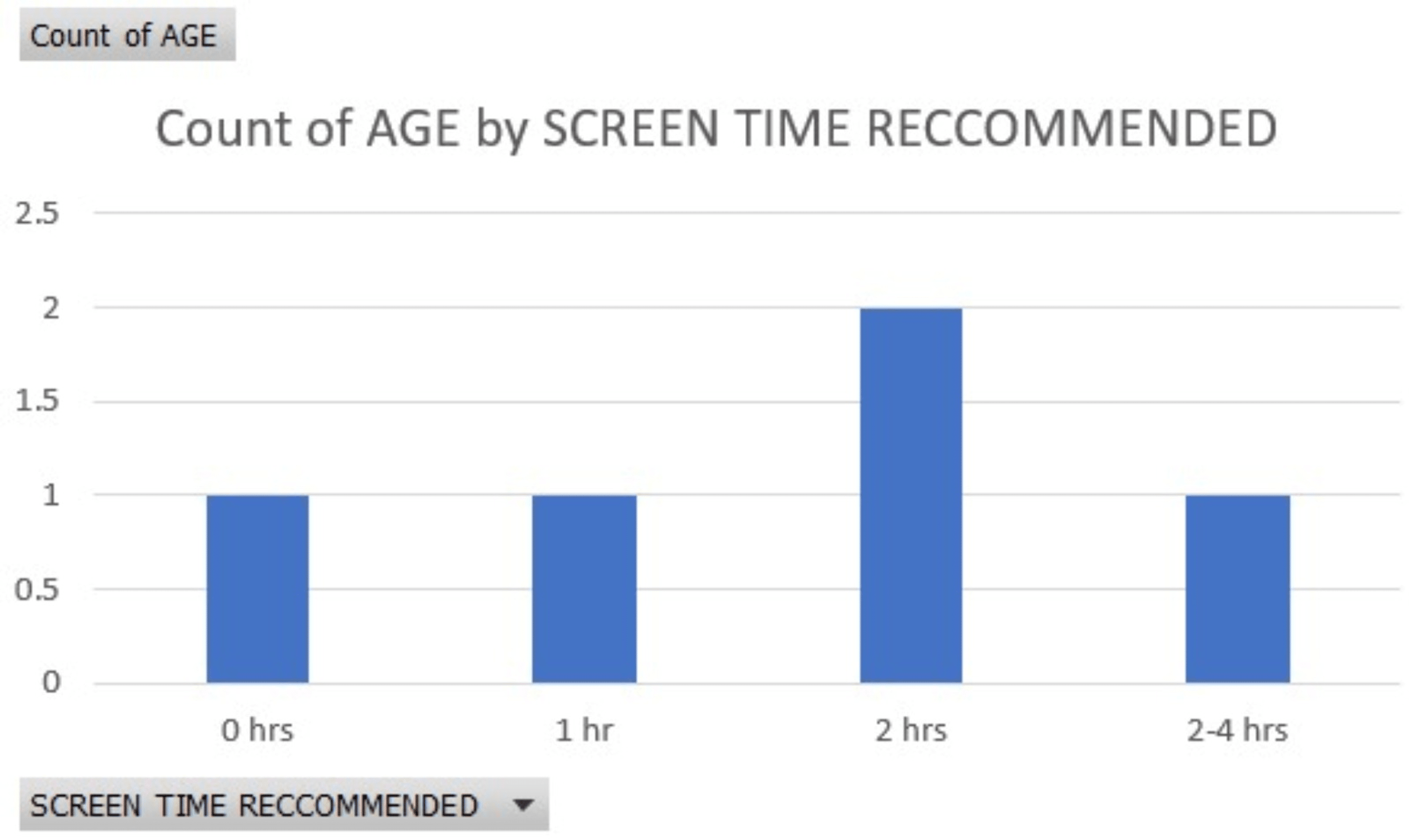The Complex Relationship Between Screen Time And Computer Games: A Comprehensive Analysis
The Complex Relationship Between Screen Time and Computer Games: A Comprehensive Analysis
Related Articles: The Complex Relationship Between Screen Time and Computer Games: A Comprehensive Analysis
Introduction
With enthusiasm, let’s navigate through the intriguing topic related to The Complex Relationship Between Screen Time and Computer Games: A Comprehensive Analysis. Let’s weave interesting information and offer fresh perspectives to the readers.
Table of Content
The Complex Relationship Between Screen Time and Computer Games: A Comprehensive Analysis

The advent of digital technology has ushered in an era where computer games have become an integral part of modern life. While these games offer entertainment, social interaction, and even educational benefits, concerns surrounding excessive screen time and its potential impact on physical and mental well-being have emerged. This article delves into the complex relationship between screen time and computer games, exploring the benefits and drawbacks, and providing insights into navigating this dynamic landscape.
Understanding Screen Time and Computer Games
"Screen time" encompasses any time spent engaging with digital devices featuring a screen, including smartphones, tablets, computers, and televisions. Computer games, a subset of screen time, involve interactive experiences designed for entertainment and engagement. The allure of computer games lies in their ability to transport players into immersive virtual worlds, fostering creativity, problem-solving skills, and social interaction.
Benefits of Computer Games:
- Cognitive Enhancement: Many computer games, particularly those involving strategy, puzzles, and action, can stimulate cognitive processes such as memory, attention, and decision-making. Studies have shown that these games can enhance problem-solving abilities, improve spatial reasoning, and boost cognitive flexibility.
- Social Interaction: Online multiplayer games provide opportunities for social interaction and collaboration. Players can connect with friends and strangers, fostering communication, teamwork, and social skills. This can be particularly beneficial for individuals who may struggle with social interaction in real-life settings.
- Stress Relief and Relaxation: Computer games can provide a welcome escape from daily stresses. The immersive nature of games can help individuals relax, de-stress, and unwind. Certain genres, such as simulation and role-playing games, offer a sense of control and achievement, which can be particularly therapeutic.
- Learning and Education: Educational games can be a valuable tool for learning and skill development. They can make learning more engaging and interactive, particularly for children and adolescents. Games can be used to teach subjects like math, science, history, and language skills in a fun and stimulating way.
Potential Drawbacks of Excessive Screen Time and Computer Games:
- Physical Health Concerns: Prolonged screen time can lead to physical health issues such as eye strain, headaches, neck pain, and carpal tunnel syndrome. Sedentary behavior associated with excessive gaming can also contribute to obesity, cardiovascular problems, and musculoskeletal disorders.
- Mental Health Impacts: Excessive screen time and gaming can negatively impact mental health. Studies have linked excessive gaming to sleep disturbances, anxiety, depression, and social isolation. The addictive nature of some games can lead to compulsive gaming, negatively affecting personal relationships, academic performance, and work productivity.
- Addiction and Dependence: Certain computer games, particularly those with highly engaging mechanics and reward systems, can be addictive. This can lead to compulsive gaming, neglecting other aspects of life, and experiencing withdrawal symptoms when not gaming.
- Cyberbullying and Online Safety: The online nature of computer games exposes individuals to potential risks like cyberbullying, online harassment, and exposure to inappropriate content. It is crucial to implement safety measures and educate users about online risks to mitigate these dangers.
Navigating the Landscape: Finding Balance and Promoting Healthy Engagement
The key to navigating the complex relationship between screen time and computer games lies in finding a healthy balance. It is essential to promote responsible use and minimize potential risks while maximizing the benefits of these digital experiences.
Strategies for Balanced Screen Time:
- Set Time Limits: Establishing clear time limits for screen time and computer game usage can help prevent excessive engagement and ensure a balance with other activities.
- Encourage Regular Breaks: Regular breaks from screen time are crucial for eye health and overall well-being. Encourage users to take short breaks every 20-30 minutes to rest their eyes, stretch, and move around.
- Prioritize Physical Activity: Promote physical activity and outdoor play to counterbalance sedentary behavior associated with screen time. Encourage participation in sports, outdoor recreation, and other physical activities.
- Create Screen-Free Zones: Designate specific areas or times of the day as screen-free zones. For example, bedrooms should be screen-free zones to promote better sleep and encourage other activities before bedtime.
- Engage in Other Activities: Encourage participation in a wide range of activities that do not involve screens, such as reading, playing board games, spending time with family and friends, pursuing hobbies, and engaging in outdoor activities.
Tips for Responsible Gaming:
- Choose Age-Appropriate Games: Ensure that games are age-appropriate and align with the user’s developmental stage.
- Monitor Game Content: Be aware of the content of games and discuss potential issues with children and adolescents.
- Promote Responsible Gaming Practices: Teach children and adolescents about responsible gaming practices, such as setting time limits, taking breaks, and avoiding excessive spending on in-game purchases.
- Encourage Communication and Open Dialogue: Foster open communication with children and adolescents about their gaming habits, concerns, and potential risks.
- Seek Professional Help if Needed: If you suspect a child or adolescent is struggling with gaming addiction or experiencing negative impacts from excessive gaming, seek professional help from a therapist or counselor specializing in digital addiction.
FAQs Regarding Screen Time and Computer Games:
Q: What is the recommended daily screen time for children and adolescents?
A: The American Academy of Pediatrics recommends limiting screen time for children under 18 months to video chats and no screen time for children under 2 years old. For children aged 2-5 years, screen time should be limited to 1 hour per day of high-quality programming. For older children and adolescents, screen time should be limited to 1-2 hours per day.
Q: Are all computer games bad for children?
A: No, not all computer games are bad for children. Many computer games offer educational benefits, promote cognitive development, and provide opportunities for social interaction. The key is to choose age-appropriate games and encourage responsible gaming practices.
Q: How can I tell if my child is addicted to computer games?
A: Signs of gaming addiction include neglecting schoolwork, social relationships, and personal hygiene, experiencing withdrawal symptoms when not gaming, lying about gaming habits, and spending excessive amounts of time and money on games.
Q: What are some tips for preventing gaming addiction?
A: Encourage balanced screen time, set time limits, promote physical activity, create screen-free zones, engage in other activities, and monitor game content.
Q: How can I help my child manage their screen time?
A: Set clear expectations and rules regarding screen time, involve them in setting time limits, encourage alternative activities, monitor their online activity, and foster open communication about their online experiences.
Conclusion:
The relationship between screen time and computer games is multifaceted and complex. While these digital experiences offer numerous benefits, including cognitive enhancement, social interaction, and entertainment, excessive screen time and gaming can lead to physical and mental health concerns, addiction, and other negative consequences. The key to navigating this dynamic landscape lies in promoting responsible use, finding a healthy balance, and prioritizing overall well-being. By adopting strategies for balanced screen time, promoting responsible gaming practices, and fostering open communication, individuals can harness the positive aspects of digital technology while mitigating potential risks.






![18 Average Screen Time Statistics [2023]: How Much Screen Time Is Too](https://www.zippia.com/wp-content/uploads/2023/06/average-screen-time-by-generation.png)
Closure
Thus, we hope this article has provided valuable insights into The Complex Relationship Between Screen Time and Computer Games: A Comprehensive Analysis. We hope you find this article informative and beneficial. See you in our next article!